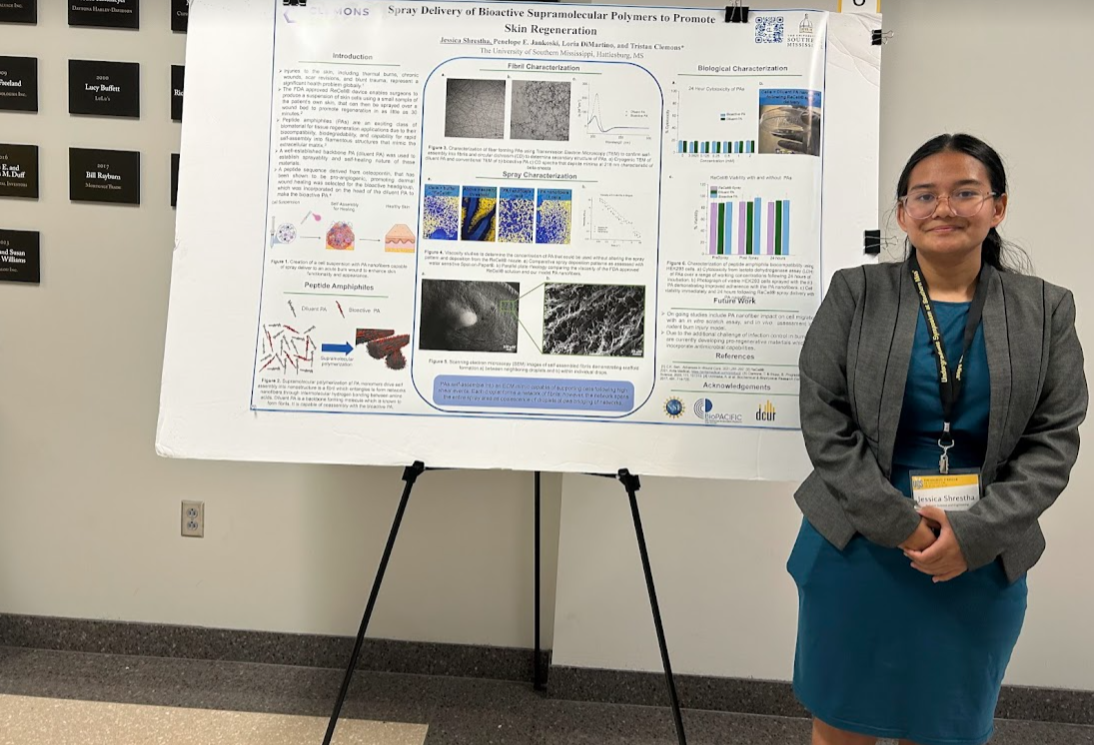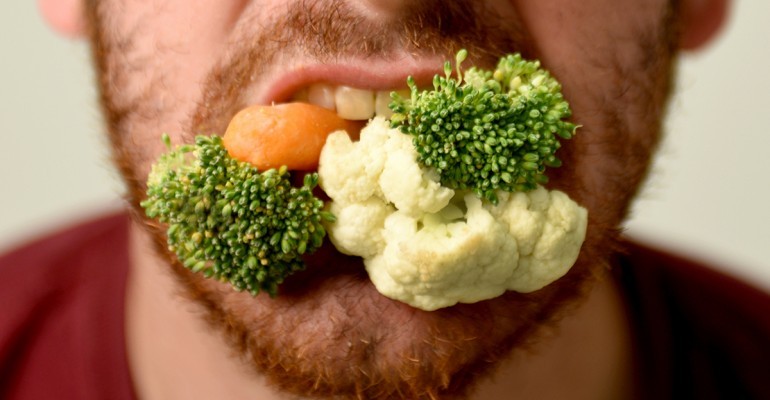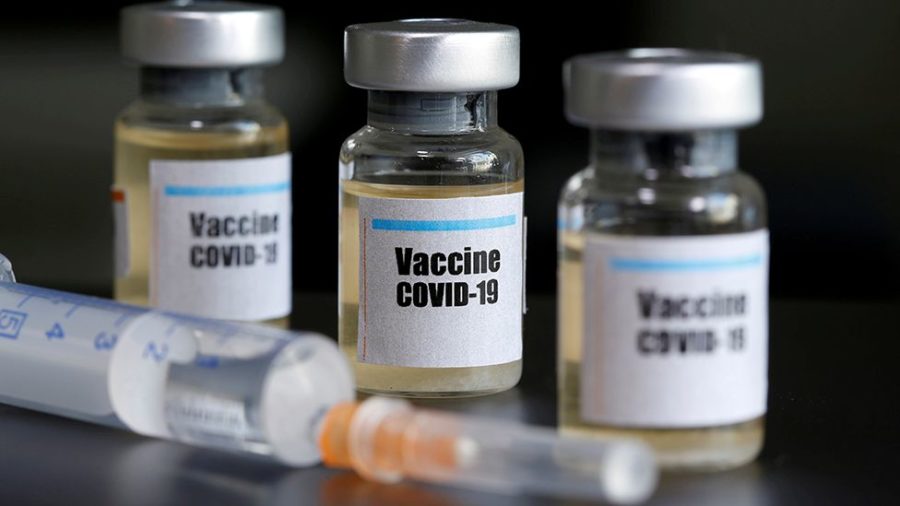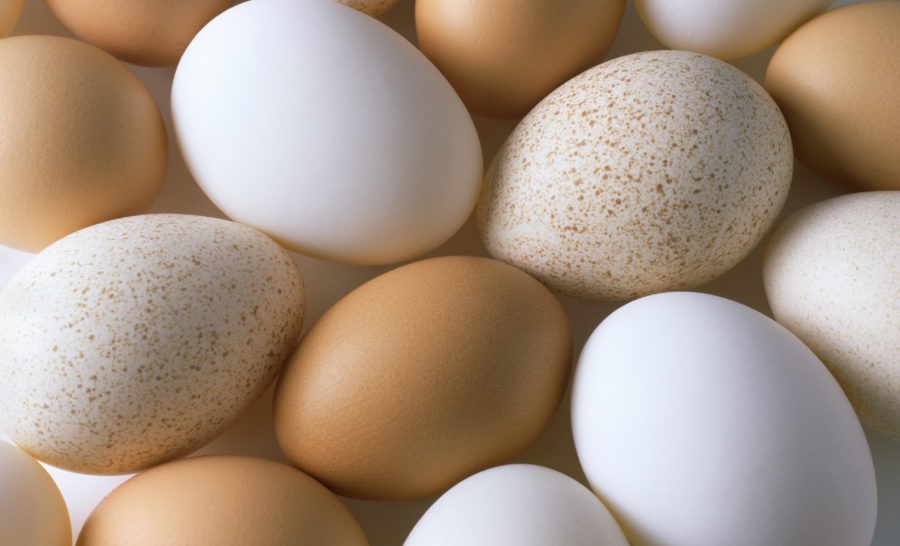Many students try changing their diets to pescetarianism, vegetarianism and veganism in college while trying to decide what diet is right for them. -Susan Broadbridge/Printz
South Mississippi is home to fried chicken, hamburger sliders and savory barbecue. Though these options are flavorful and usually very delicious, many students and people around the world are choosing to switch to plant or fish-based diets.
The most well-known diets and lifestyles that do not include meat are pescetarianism, vegetarianism and veganism. A pescetarian diet is one that is fish-based. A vegetarian diet is one that does not include meat or fish. Lastly, vegans take out every animal-based product from their diet and life, including but not limited to food, clothes and toiletries.
Many pursue these diets for both health and ethical reasons. Hospitals, wellness centers and clinics across the nation have published articles and findings in regard to the benefits of abstaining from meat, specifically red meat, and adding more vegetables and fruits to one’s diet.
In August 2014, Mayo Clinic released an article that said plant-based eaters—vegetarians—are less likely to suffer from heart-related illnesses than those who eat meat. Vegetarians also tend to weigh less.
But, for just as many articles stating the advantages of these diet plans, there are the same amount stating the disadvantages.
According to the Livestrong Foundation, vegetarian and vegan diets can lead to lack of protein, iron deficiency and calcium, vitamin D and vitamin B-12 deficiency.
“Following a plant-based or fish-based diet is purely a personal choice,” said Lisa Malone, the dietitian for the Moffitt Health Clinic.
“Occasionally, due to medical reasons and with a certain diagnosis, a physician may want their patient to choose a plant-based diet. But, otherwise, there is no nutritional advantage to following a plant-based or fish-based diet.”
Senior theatre design major Brianna Wells has been a vegetarian for three years. She spent six months committed to a vegan diet, but is now back to being vegetarian. Wells chose to pursue a plant-based diet after researching and realizing that eating meat and supporting the meat industry was something she did not want to do.
“I feel healthier and I’ve lost 30 pounds in my vegetarian/vegan journey,” Wells said. “I’m more conscious of my health and what I put in my body now.” Wells encourages all students to test a meat-free diet, even if it only lasts for a couple of weeks.
Junior environmental biology major Sarah Krock has been a vegan for roughly a year and a half.
“The idea of a meat-free diet had always appealed to me,” she said. “As I got older and began to learn the realities of the factory farming industry, the environmental effects of the meat industry and the health issues that eating meat can cause, I knew that cutting meat (and later other animal products) was the right decision for me.”
Her decision solidified after learning that she suffered from high cholesterol. Since being vegan, her cholesterol levels were significantly reduced.
“The biggest issue I have with vegetarianism and veganism is that people think it has to be all-or-nothing, which is unrealistic for most people, especially college students,” Krock said.
“Just try to do the best you can manage, and don’t beat yourself up if you slip up or decide one day that you want to eat something that doesn’t necessarily fit whatever diet.”
Junior public relations major Shelby Palmeri became a vegetarian in spring 2014, but has recently switched back to a meat-based diet. Palmeri originally committed to a vegetarian lifestyle for many reasons, one being the issue of animal cruelty in the food industry.
“I did lose a little weight,” she said. “But the best part was how much I expanded my diet. I tried so many new foods and now I love a variety of vegetables that I had ignored before.”
After several months, Palmeri noticed that she was always feeling fatigued. Because of her strenuous school schedule, she had limited time to create meals that incorporated the amount of protein she needed to maintain a healthy diet.
“There are a lot of articles out there promoting vegetarianism, but I finally began to find some about its disadvantages,” Palmeri said. “It’s actually very hard to get the proper nutrition you need if you don’t have the time to cook a variety of foods.”
Although Palmeri continues with a meat-based diet for now, she does plan to pursue vegetarianism again after she graduates.
Whatever diet students choose, for whatever beliefs they have, it is very important to research and consult with a nutritionist about the best way to tackle a new diet while also getting the correct amount of protein and vitamins.



































